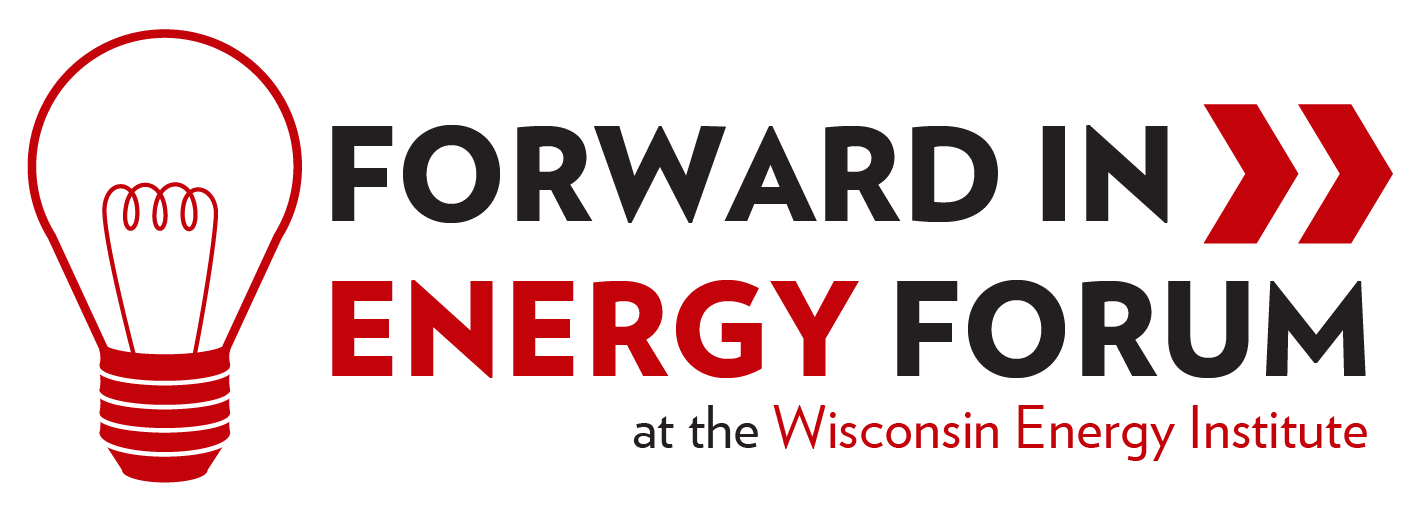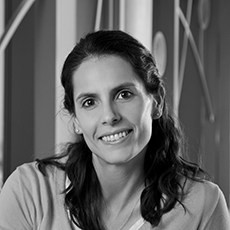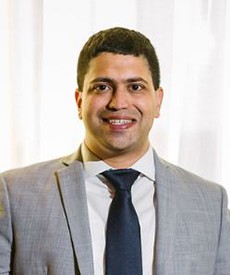
Energy is essential to meeting our basic needs, yet many households struggle to balance energy costs with other necessities. For example, a recent survey from the Energy Information Administration found that one in five households reported reducing or forgoing basic necessities like food and medicine to pay an energy bill.
What does it mean to be energy insecure, and how do households in this situation make these difficult spending trade-offs? What programs are available to assist households in managing energy costs, and how do they make a difference? And, how do we ensure that people from all economic backgrounds can benefit from our transition to clean energy technologies?
This event is presented in partnership with the UW–Madison Institute for Research on Poverty.
Panelists

Sarah Halpern-Meekin
Assistant Professor, UW–Madison School of Human Ecology
Halpern-Meekin is a sociologist who studies romantic relationships and welfare policy using a mixed-methods approach. Her current research includes examining how premarital experiences are associated with later relationship outcomes; how government-funded relationship education programs are experienced by their participants; and how changes to the welfare state, like the rise of the Earned Income Tax Credit, affect low-income families.

Adam Weisse
Field Supervisor, Project Home
Adam Weisse has been the Project Home field supervisor since 2004. He oversees and helps coordinate programs on home repair, accessibility modifications and energy saving work. Adam is also instrumental in the operation of Project Home’s for-profit division, Optimus. As a trained Wisconsin Weatherization Energy Auditor and BPI Certified Building Analyst, Adam is an expert in energy efficiency and Home Performance. He is accredited as a lead safe renovator, asbestos inspector and asbestos abatement supervisor. Adam is a graduate of the UW–Madison and a U.S. Army Veteran.

Ashwat Narayanan
Director of Transportation Policy, 1000 Friends of Wisconsin
Ashwat Narayanan works on several transportation policy issues including state and federal funding, context sensitive highway design, climate change solutions and sustainable transportation strategies. He has over 7 years of professional experience, including four years managing infrastructure projects at Atkins, Inc. Ashwat is a nationally recognized expert on transportation and land use issues and has spoken widely at conferences and on television and radio. He studied transportation engineering at the University of Wisconsin-Madison.
